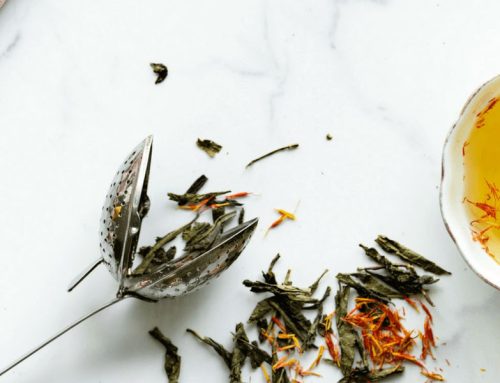How To Clean Stone Kitchen Countertops – Part 2
In Part 1 we explained how to care for concrete, granite and quartz kitchen counters, in addition to giving you some important general stone cleaning and care tips. Here in Part 2, we will give you top tips on how to clean marble, limestone and soapstone kitchen counters.
READ HOW TO CLEAN STONE KITCHEN COUNTERTOPS PART 1
General Stone Cleaning & Care Tips RECAP:
- If exposed to extreme heat, stone countertops may crack due to thermal shock
- Don’t stand or sit on stone countertops, ever
- Wipe up spills immediately
- Always use a cutting board
- Sealants don’t last forever

How to Clean Marble Countertops:
If you’re into your pastry making, then this is the stone countertop for you. Not only is marble a classic and elegant choice, it’s cool surface temperature makes it one to be treasured by professional pastry chefs the world over. However, marble is also quite porous, staining and scratching easily. Therefore it is highly recommended that it be sealed, keeping in mind that acidic foods can still etch the marble quite quickly.
Daily Cleaning of Matble Kitchen Benches
- Prevention, prevention, prevention. Wipe up spillages as soon as possible. Daily cleaning with a soft cloth using mild detergent and warm water will help greatly too. Never use harsh, abrasive cleaners or scrubbing pads, and most definitely avoid white vinegar or anything that contains ammonia as a cleaner.
- Reseal regularly. Resealing your marble every 3 to 6 months will help prevent staining.
Stain Removal from Marble Kitchen Benches
- Stains made from rust or food can be treated by creating a paste of baking soda and hydrogen peroxide. This should be applied and then left to dry before wiping clean. Repeat as needed until the stain has faded away.
- Use a marble polishing powder to remove scratches and etchings. Make sure that you follow the packet instructions and only lightly scrub so that you don’t cause any further damage. Resealing after polishing is recommended.
How to Clean Limestone Countertops:
Limestone is a popular stone kitchen choice due to its expensive look (often white or off-white with random, naturally occurring patterns) at a more affordable price point than marble. There is a downside to this though: limestone countertops require more care than most other types of stone.
Being porous and easily scratched or discoloured, limestone requires a good sealant and proper care. But if this is followed, limestone can last for a very long time!
Daily Cleaning of Limestone Kitchen Benches
- Harsh or acidic cleaners should be avoided. A mild detergent with warm water or a commercial limestone cleaner will do the trick. Use a soft cloth or sponge and never a scrubber.
- Cleaning daily after food preparation is essential.
Stain Removal from Limestone Kitchen Benches
- Limestone’s soft and porous nature means it’s more susceptible to stains from dark coloured, acidic foods. Stain culprits include red wine, coffee and black tea.
- Excessive heat can scorch or burn the stone surface. Always use a protective board or trivets when handling hot items.
- A mix of baking soda and hydrogen peroxide into a thick paste can help remove stains. Generously apply over the stain, cover in plastic wrap and leave for 24 hours. Wipe away the paste and reseal the area.
- If you do get a scratch on your limestone and it isn’t very deep, you may be able to lightly buff it out. Use 0000 grade fine steel wool or a bit of car polishing compound. Always reseal the area after cleaning.
How to Clean Soapstone Countertops:
Soapstone is a natural rock that contains the mineral talc which gives it a soft, smooth feel. The finished surface of soapstone feels like a dry bar of soap (and that’s where it gets its name!). This stone is quarried in two basic types: high talc (artistic) and low talc (architectural). For your kitchen countertop always use low talc, architectural grade soapstone.
Soapstone is an easy-to-care-for stone countertop as it is naturally antibacterial, nonporous, heat resistant and repels most stains. A downside to this stone is that there is a higher risk of scratches and chips if hit with a heavy object as it is not as hard as some other stones.
Daily Cleaning of Soapstone Kitchen Counters
- When soapstone is freshly quarried it is light grey in colour, and naturally darkens as it’s exposed to water and oils. Mineral oil is often rubbed into soapstone countertops to enrich its colour.
- Although it’s best to avoid scouring pads and powders, daily cleaning can be done with any type of household cleaner and water.
Stain Removal from Soapstone Kitchen Benches
- Due to its nonporous nature, food and acids don’t stain the surface of soapstone. Rub mineral oil into a scratch to help hide the mark. You can also use mineral oil to cover discolouration from hard water spotting.
AND THAT’S A WRAP!






